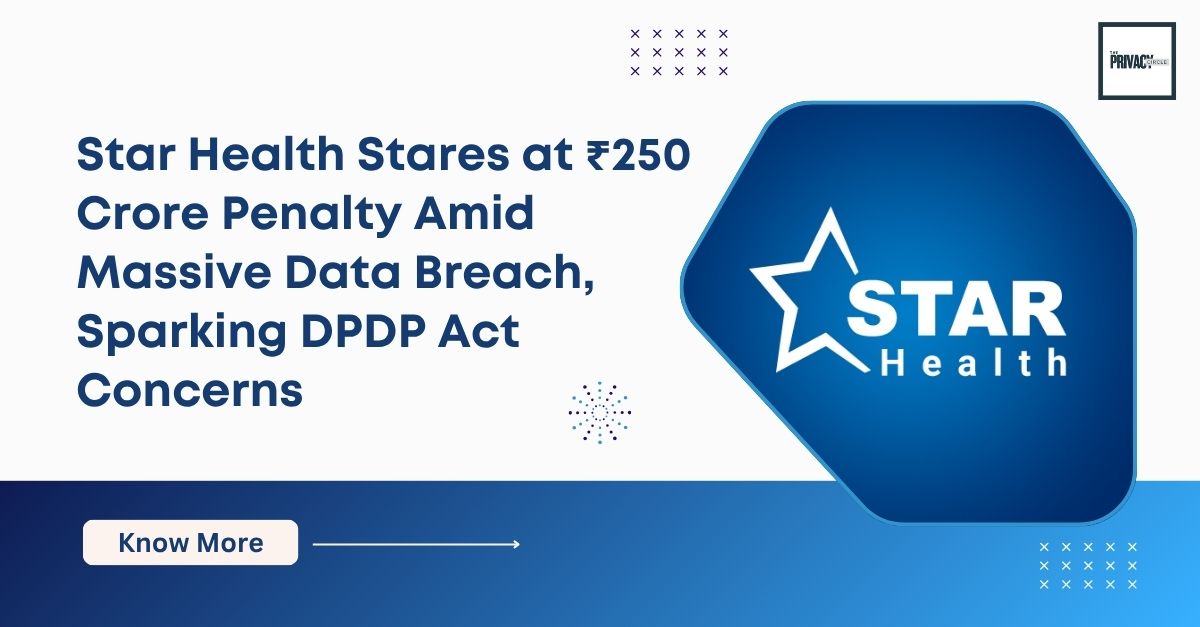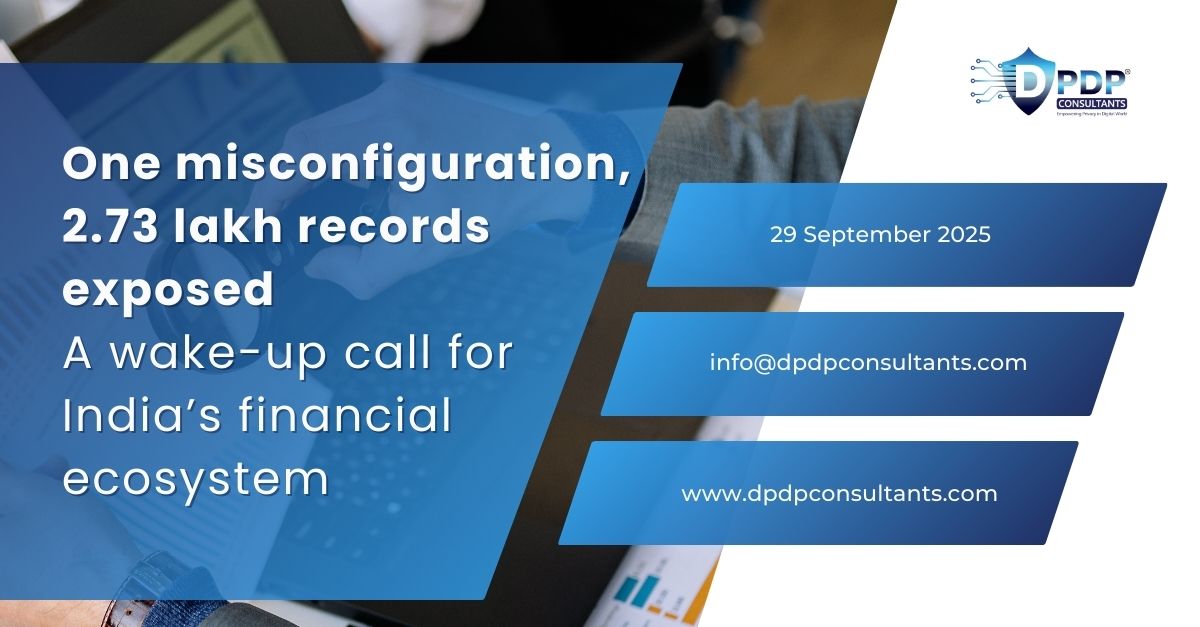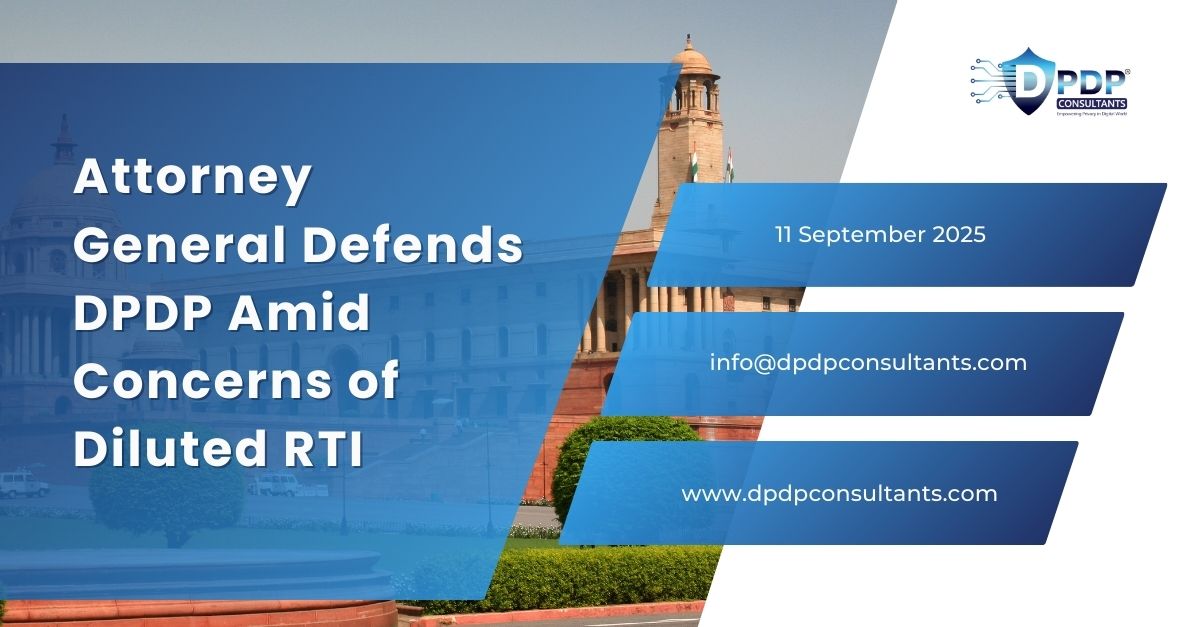India’s health insurance sector is on high alert as
Star Health and Allied Insurance grapples with a colossal data breach impacting
over 30 million individuals. The incident has exposed deep-rooted security
vulnerabilities and triggered regulatory scrutiny, with potential fines under
the new Digital Personal Data Protection (DPDP) Act looming large.
Breach Unfolds: From Denial to Digital Exposure
What began as a minor cybersecurity incident in August
2024 quickly escalated into one of India’s most severe data breaches. Star
Health initially downplayed the situation, but by August 13, a cybercriminal
operating under the alias "xenZen" publicly claimed access to
sensitive customer records.
Despite early assurances from the insurer that the
breach was contained, digital forensics later revealed that health records,
Aadhaar numbers, policy details, and even medical images were being circulated
via Telegram bots. These bots, reportedly operated by the hacker, made
sensitive personal data searchable in real time — putting millions at risk and
undermining public trust.
By October 2024, law enforcement, with support from
the Madras High Court and India’s cybercrime task force (I4C), managed to
dismantle these bots. But the damage had been done. The hacker later claimed to
possess 7.24 TB of data and offered it for sale at $150,000. Disturbingly,
threats of violence — including bullets sent to executives — were reported,
allegedly linked to personal vendettas over rejected insurance claims.
Leadership Crisis: Key Executives Prepare to Exit
The aftermath of the breach has shaken Star Health’s
leadership structure. At least four senior officials across risk management,
finance, compliance, and cybersecurity are expected to resign. Their exit could
significantly hamper the company’s response capabilities during this critical
recovery period.
Regulatory Fallout and Legal Ambiguity
Star Health now faces the possibility of significant
regulatory penalties. Under the Digital Personal Data Protection Act, 2023,
penalties for mishandling sensitive personal data — especially in sectors like
healthcare — could reach up to ₹250 crore.
Further, under the IT Directions, 2022, any
delay in breach reporting to the Indian Computer Emergency Response Team
(CERT-In) could lead to additional fines of up to ₹17.6 crore per violation.
Legal experts highlight a gray area: although the DPDP
Act has been enacted, many of its enforcement rules are yet to be finalized.
This raises questions around retrospective applicability, adding another layer
of uncertainty for companies navigating India’s evolving data protection
landscape.
What This Means for India Inc.
The Star Health breach could serve as a watershed
moment for India’s private sector. With enforcement of the DPDP Act on the
horizon and consumer trust at stake, companies handling sensitive data can no
longer afford to treat privacy as an afterthought.
For now, all eyes are on the regulators — and on how
swiftly and transparently Star Health can recover from a crisis that has left
its customers, and the industry, on edge.





